Daily Chemical Detergent Grade HPMC Cellulose: Enhancing Cleaning Efficiency and Sustainability
Introduction:
Daily chemical detergent grade Hydroxypropyl Methylcellulose (HPMC) cellulose is a versatile ingredient used in the formulation of various household cleaning products. This unique cellulose derivative offers numerous benefits, including improved cleaning efficiency, enhanced stability, and sustainability. In this article, we will explore the characteristics, advantages, and applications of daily chemical detergent grade HPMC cellulose.
Characteristics and Functionality:
HPMC cellulose is a water-soluble polymer derived from natural cellulose, typically sourced from wood pulp or cotton fibers. It is chemically modified to possess specific properties that make it highly suitable for use in detergents. Daily chemical detergent grade HPMC cellulose acts as a multifunctional additive that provides viscosity control, stabilization, and other desirable characteristics to cleaning formulations.
Benefits and Performance Enhancement:
Viscosity Control: HPMC cellulose acts as an efficient thickener in detergent formulations, contributing to the desired viscosity and consistency. It prevents excessive runoff of the detergent and allows for better adherence to surfaces, ensuring effective cleaning.
Stabilization: The addition of HPMC cellulose enhances the stability of detergent formulations by preventing phase separation and maintaining product integrity over time. It helps suspend solid particles evenly throughout the detergent, ensuring a homogeneous appearance and preventing settling.

Improved Cleaning Efficiency: HPMC cellulose improves the cleaning efficiency of detergents by enhancing the dispersion and suspension of soil particles. It aids in soil removal and prevents redeposition, resulting in cleaner and more effective cleaning performance.
Reduced Residue: HPMC cellulose helps minimize the formation of residues on cleaned surfaces, ensuring a streak-free and pristine appearance. It facilitates rinsing and prevents the accumulation of detergent residues that can dull the surface or attract dirt.
Additional reading:Paxlovid Intermediates: A Breakthrough in Antiviral Drug Manufacturing
Is HPMC natural or synthetic?
What are the different types of pigment powders available?
Unlocking the Potential of HPMC: A Comprehensive Guide to Buying and Utilizing this Versatile Compound
Glufosinate-Ammonium: A Powerful Herbicide for Effective Weed Control
Where to Buy (5-Oxomorpholin-2-yl)methyl 4-methylbenzene-1-sulfonate
Production Process of Methyl Acetate
Compatibility with Surfactants: HPMC cellulose is compatible with a wide range of surfactants commonly used in detergents. It enhances the performance and stability of surfactant-based cleaning formulations, ensuring optimum results.
Sustainability Aspects:
Biodegradability: HPMC cellulose is derived from renewable natural sources and is readily biodegradable. It breaks down into environmentally friendly components over time, minimizing its impact on ecosystems and water systems.
Reduced Environmental Footprint: The use of HPMC cellulose in detergents can contribute to reducing the environmental footprint of cleaning products. Its thickening properties allow for lower overall usage of detergents, reducing packaging waste and conserving water during cleaning.
Eco-Friendly Formulations: HPMC cellulose enables the development of eco-friendly cleaning formulations. It is compatible with sustainable and biodegradable ingredients, supporting the creation of cleaning products that are safer for the environment and human health.
Versatile Applications: Daily chemical detergent grade HPMC cellulose finds applications in various cleaning products, including dishwashing detergents, laundry detergents, surface cleaners, and more. Its versatility allows for its use in different formulations, meeting the diverse needs of consumers.
Conclusion:
Daily chemical detergent grade HPMC cellulose is a valuable ingredient that enhances the performance, stability, and sustainability of household cleaning products. Its ability to control viscosity, stabilize formulations, and improve cleaning efficiency makes it an essential component in detergent manufacturing. Additionally, its biodegradability and compatibility with sustainable practices contribute to reducing the environmental impact of cleaning products. As the industry continues to prioritize efficiency and sustainability, HPMC cellulose plays a crucial role in driving innovation and creating cleaner and greener solutions for everyday cleaning needs.
https://www.hpmcfactory.com/product-list-daily-chemical-grade-hpmc.html
Medical Intermediate: An Essential Component in the Pharmaceutical Industry
4'-Methylpropiophenone: An Insight into its Properties and Applications
Unraveling the Benefits of Embroidery Adhesive
Enhancing Embroidery Artistry: Exploring the Wonders of Embroidery Adhesive
What is the process of blending NPK fertilizer?
Advantages and Applications of Styrene Acrylic Emulsion
Cellulose Ether: Understanding Its Applications and Benefits
187
0
0
Related Articles
-
163
0
0
-
Is sodium cumene sulfonate safe?
228
0
0



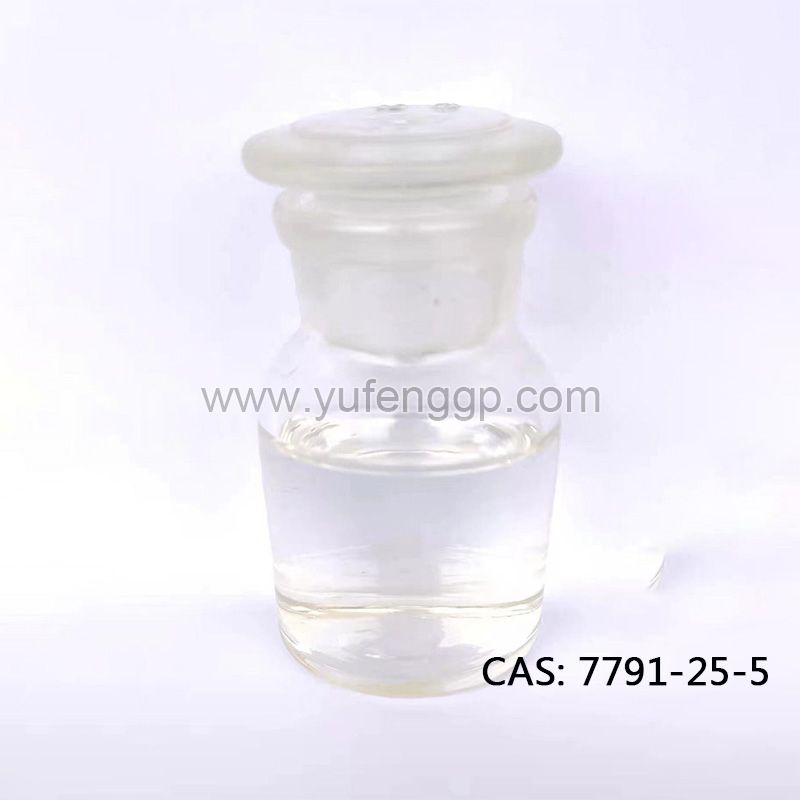

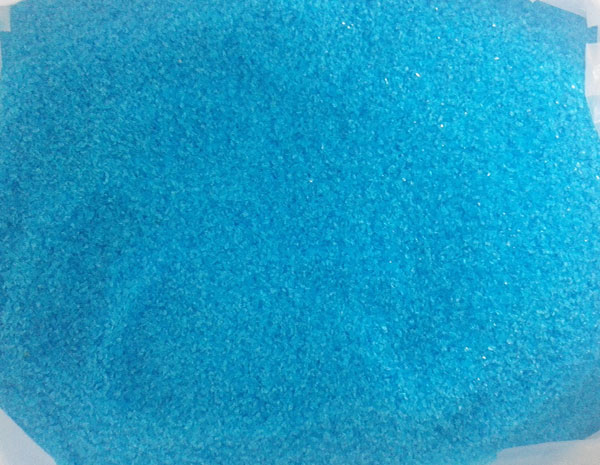
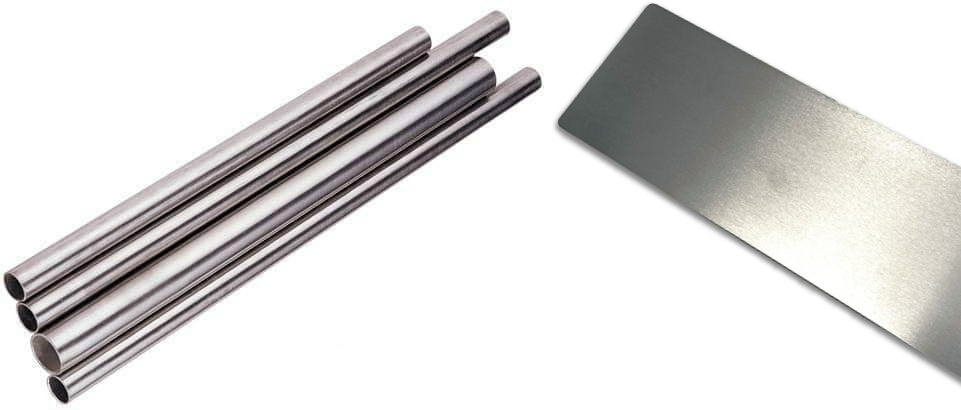
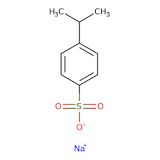
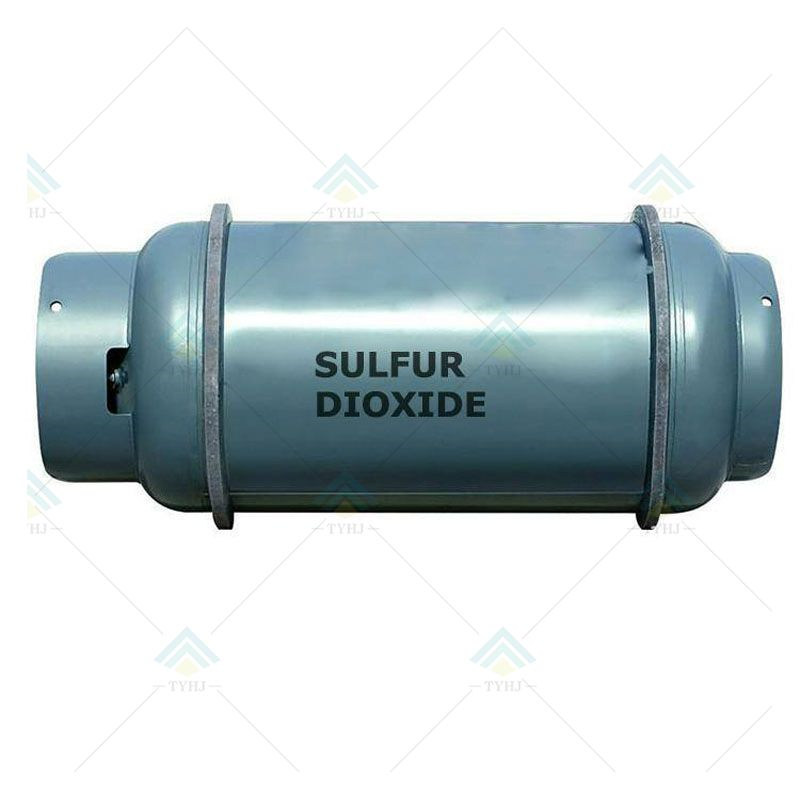
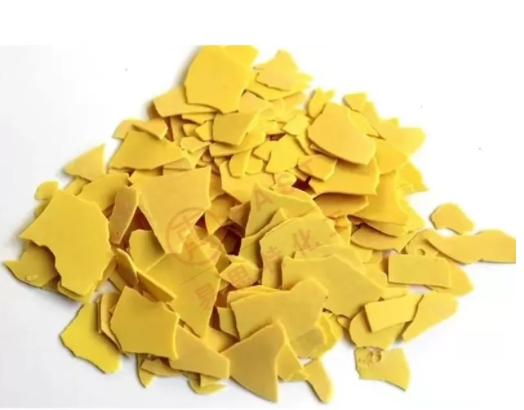
Comments
All Comments (0)